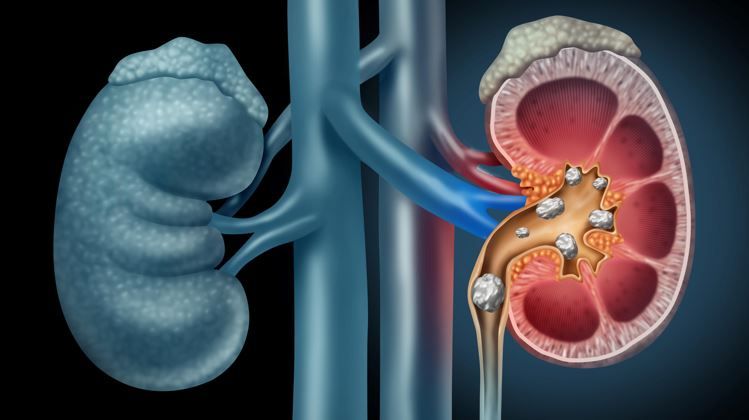Dapagliflozin Earns Breakthrough Therapy Designation for Chronic Kidney Disease
Dapagliflozin (Farxiga, AstraZeneca) has been granted breakthrough therapy designation by the U.S. Food and Drug Administration for patients with chronic kidney disease with and without type 2 diabetes. It is currently approved as a treatment to improve glycemic control in adults with type 2 diabetes.
(©FreshIdea,AdobeStock)

Dapagliflozin (Farxiga, AstraZeneca) has been granted breakthrough therapy designation by the U.S. Food and Drug Administration for patients with chronic kidney disease with and without type 2 diabetes. It is currently approved as a treatment to improve glycemic control in adults with type 2 diabetes.
The designation, which was announced by AstraZeneca today, was based on clinical evidence from the DAPA-CKD trial which demonstrated that dapagliflozin, with standard care, reduced the composite measure of worsening of renal function or risk of cardiovascular or renal death by 39 percent compared to placebo (absolute risk reduction [ARR] = 5.3%, p<0.0001) in patients with chronic kidney disease while also significantly reducing death from any cause by 31 percent (ARR = 2.1%, p=0.0035) compared to placebo.
DAPA-CKD is an international, multi-center, randomized, double-blinded trial in 4,304 patients designed to evaluate the efficacy of dapagliflozin 10 mg, compared with placebo, in patients with chronic kidney disease stages 2–4 and elevated urinary albumin excretion, with and without type 2 diabetes.
Dapagliflozin was approved in May by the FDA to reduce the risk of cardiovascular death and hospitalization for heart failure in adults with heart failure with reduced ejection fraction with and without type 2 diabetes.
The primary composite endpoint was worsening of renal function or risk of death (defined as a composite of an eGFR decline at least greater than 50 percent, onset of end stage kidney disease and death from cardiovascular disease or renal cause). The secondary endpoints included the time to first occurrence of the renal composite (sustained at least greater than 50 percent eGFR decline, end stage kidney disease and renal death), the composite of cardiovascular death or hospitalization for heart failure, and death from any cause. The trial was conducted in 21 countries and high-level results were announced in July 2020.